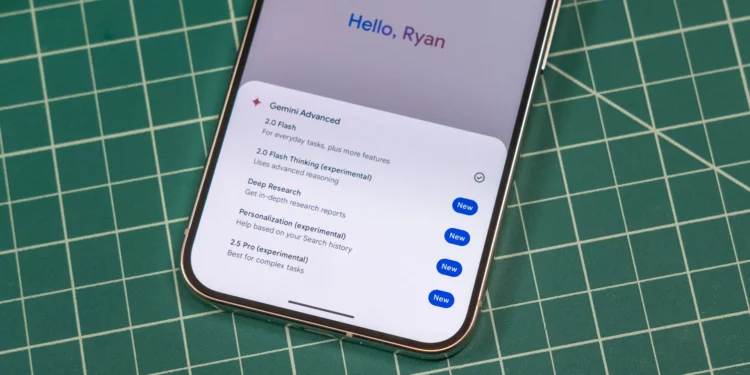In a striking move that democratizes advanced artificial intelligence, Google has announced the rollout of its Gemini 2.5 Pro (Experimental) model to free users, a significant shift from its previous policy of exclusive access for paying subscribers. This bold step not only broadens accessibility but also potentially reshapes how everyday users interact with AI technology.
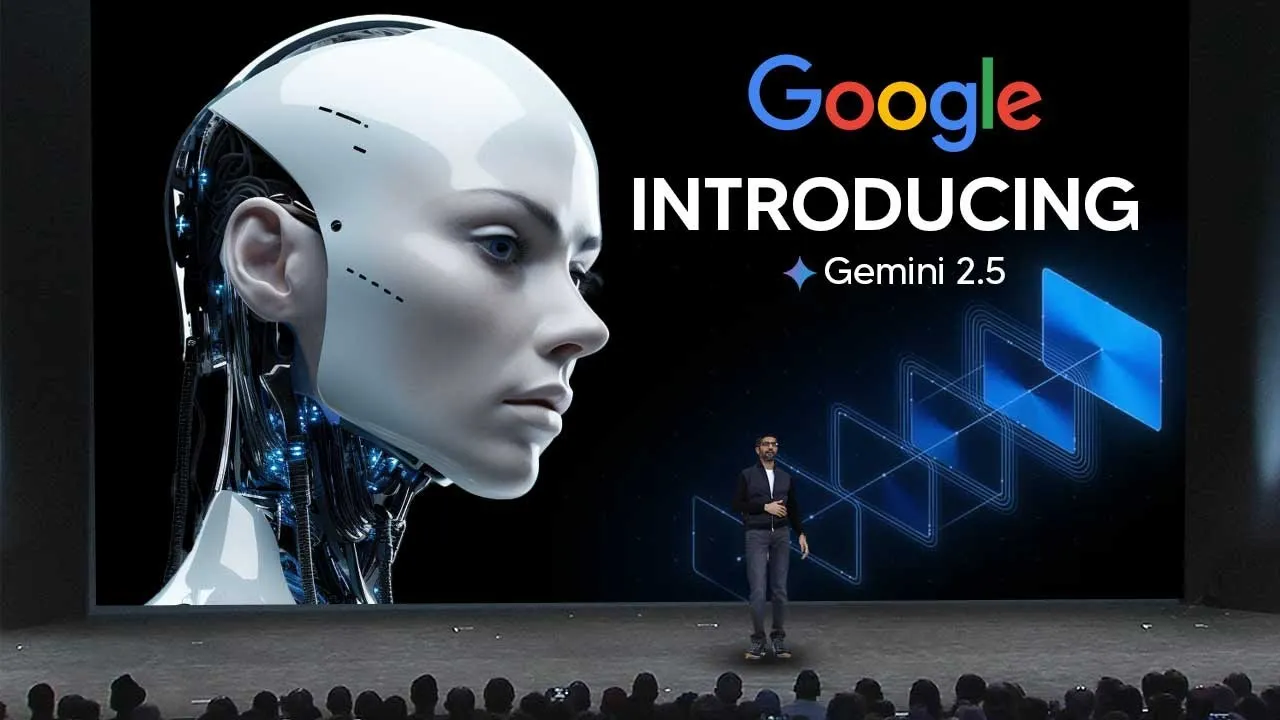
Unpacking the Features of Gemini 2.5
Introduced only last week to premium customers, the Gemini 2.5 model by Google has quickly made headlines by becoming available to the general public at no cost. This newer version promises enhanced capabilities and introduces simulated reasoning—a sophisticated approach designed to minimize common AI errors.
“Users can now experience most of the new AI’s features without needing a Gemini Advanced subscription,” Google explained in its recent update. This adjustment suggests a strategic pivot towards inclusivity in tech, aiming to bring cutting-edge tools to a wider audience.
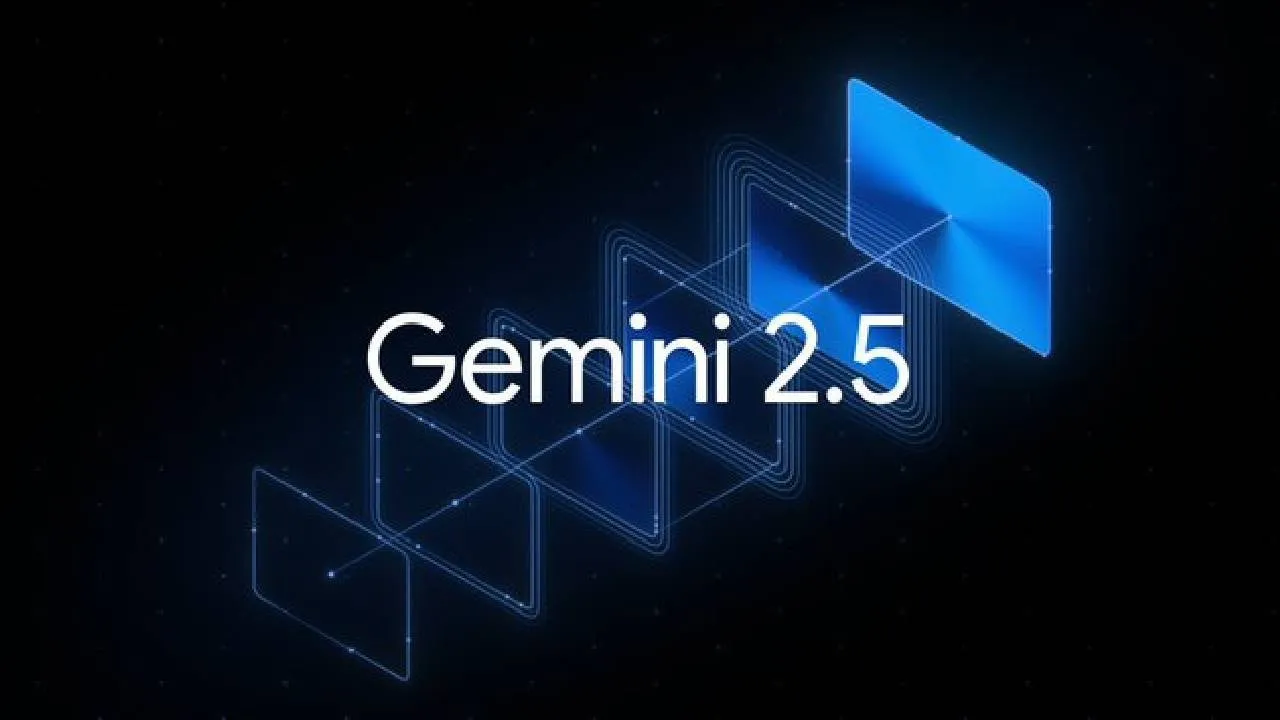
What Sets Gemini 2.5 Apart?
The allure of Gemini 2.5 lies in its refined algorithm and simulated reasoning capabilities, making it a top contender in the AI community. Google’s latest model has not only topped the LMSYS Chatbot arena leaderboard but has also impressed with its intuitive interface and user-friendly vibe.
“The next time you check in with Gemini, you can access most of the new AI‘s features without a subscription,” said a Google spokesperson. This ease of access is expected to attract a flurry of new users eager to test the experimental model’s prowess.
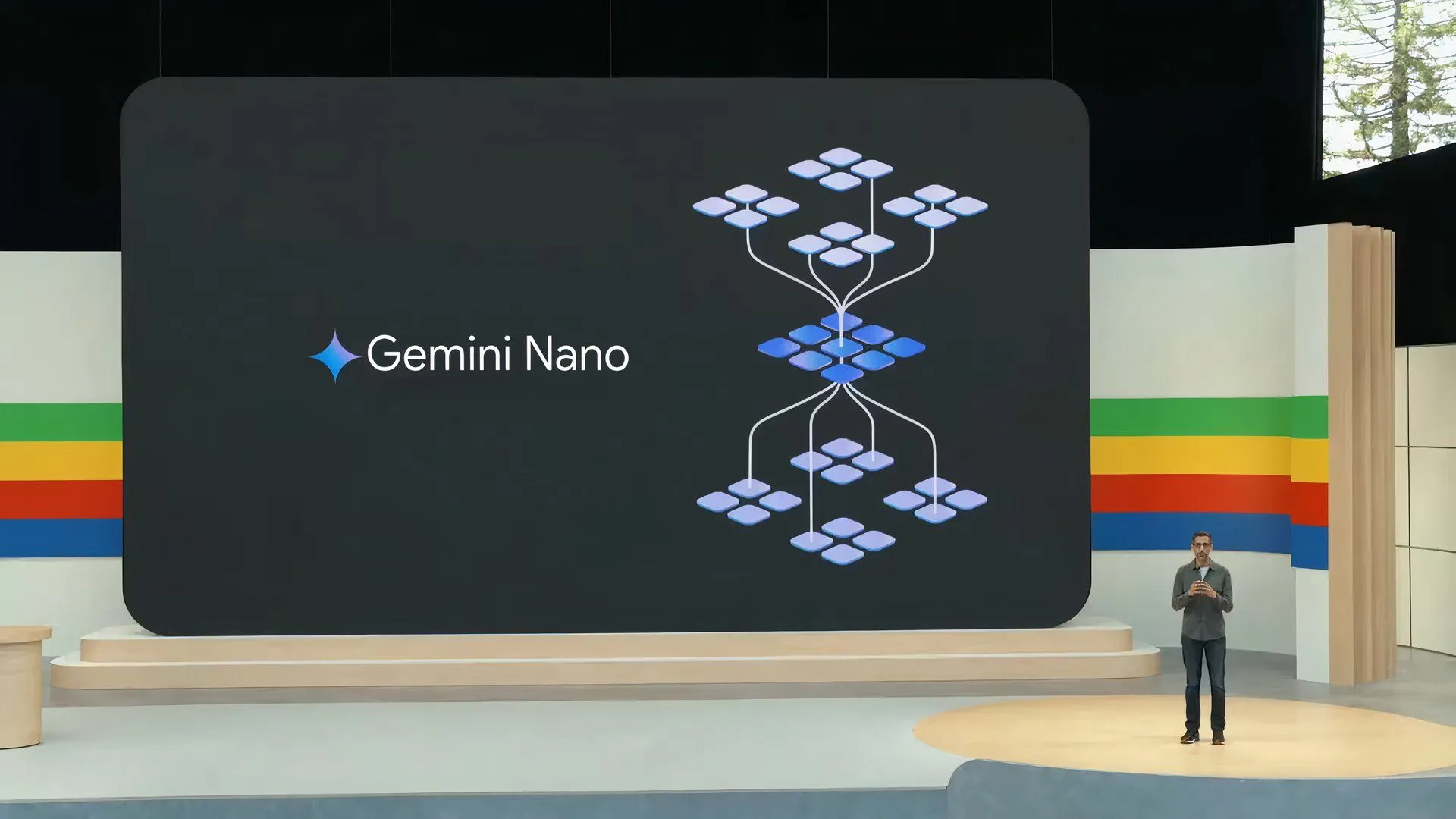
Limitations for the Free Version
While the release of Gemini 2.5 to non-paying users is a milestone, it’s important to note that not all features are fully available in the free tier. Users without a premium subscription will face limitations, such as the inability to upload files and a reduced context window for operations.
“Although free users won’t get the full 1 million-token window, we’ve successfully added a few thousand words without issue,” Google reported, indicating some boundary conditions even within this more open framework.
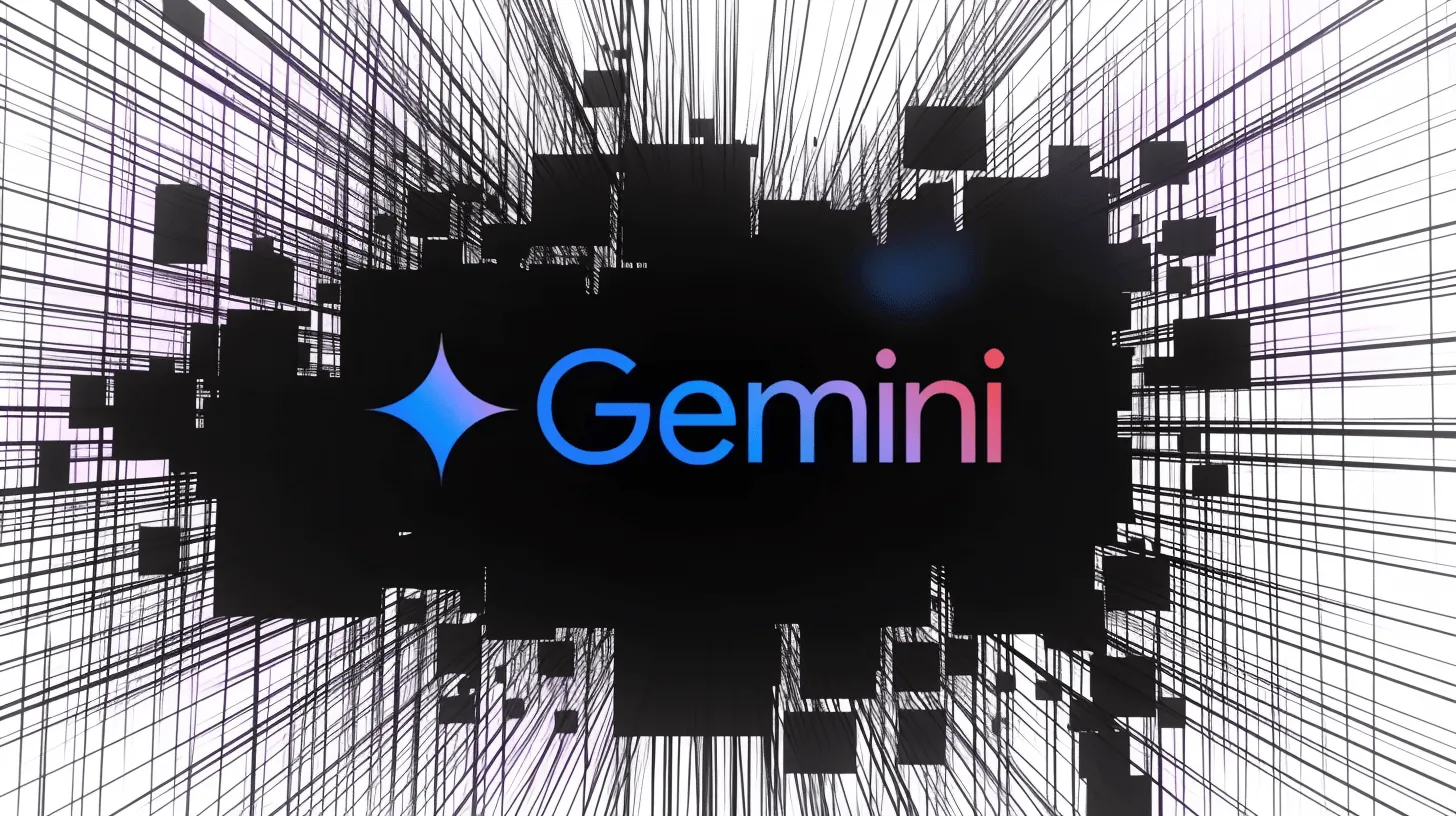
Google also hinted at future expansions, with plans to introduce Gemini 2.5 to its mobile app for free users, enhancing accessibility and user engagement across different platforms. This move is anticipated to further solidify Google’s foothold in the competitive AI market by making powerful tools more accessible to everyday users.
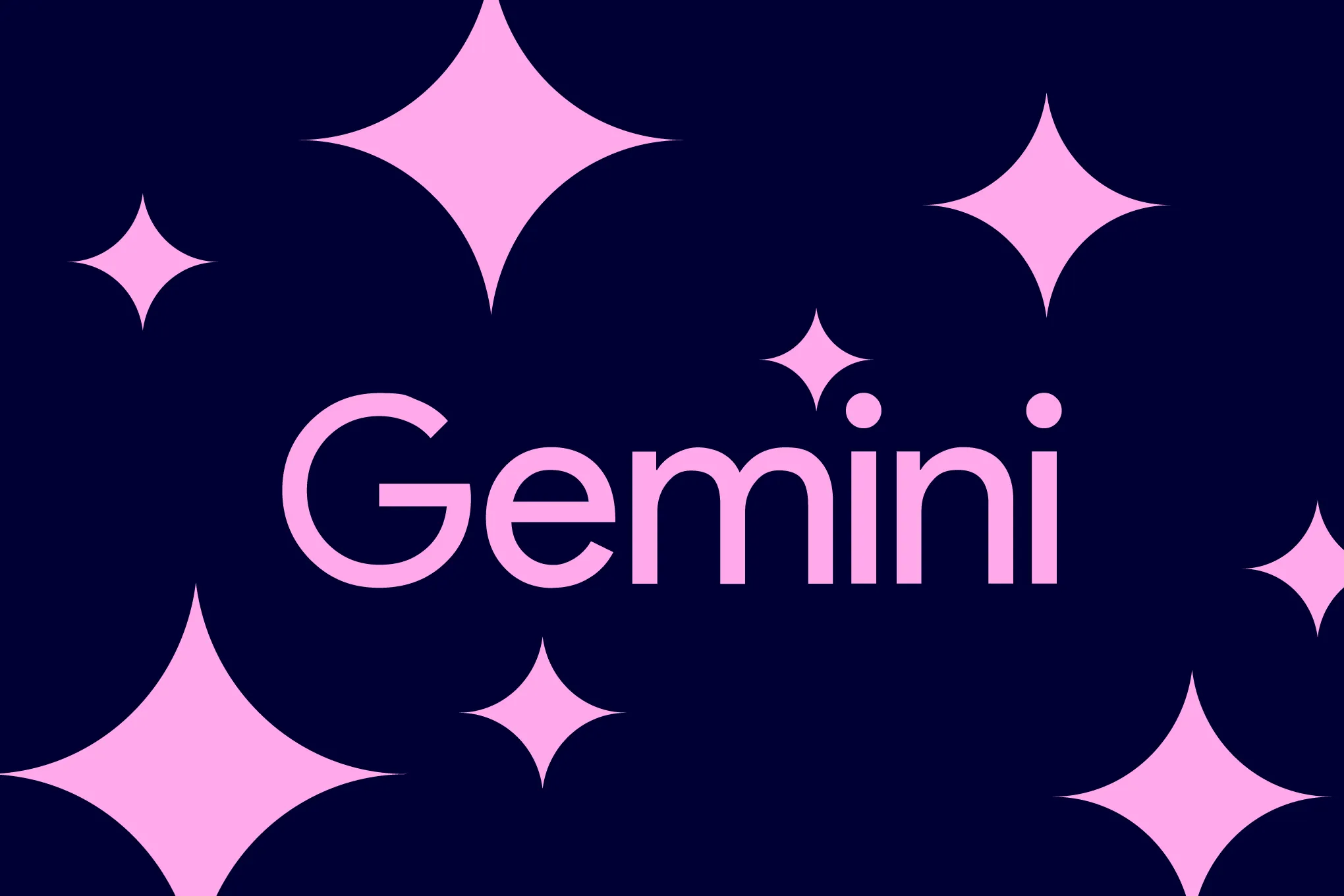
Google’s rapid release of the Gemini 2.5 Pro (Experimental) to the public marks a pivotal moment in AI technology. By lowering the barrier to entry, Google is not only championing the widespread adoption of advanced AI but is also setting a new standard for what users can expect from free services. As we continue to observe Gemini 2.5’s performance and reception among users, one thing is clear: the landscape of personal and professional AI use is evolving, and Google is leading the charge.

